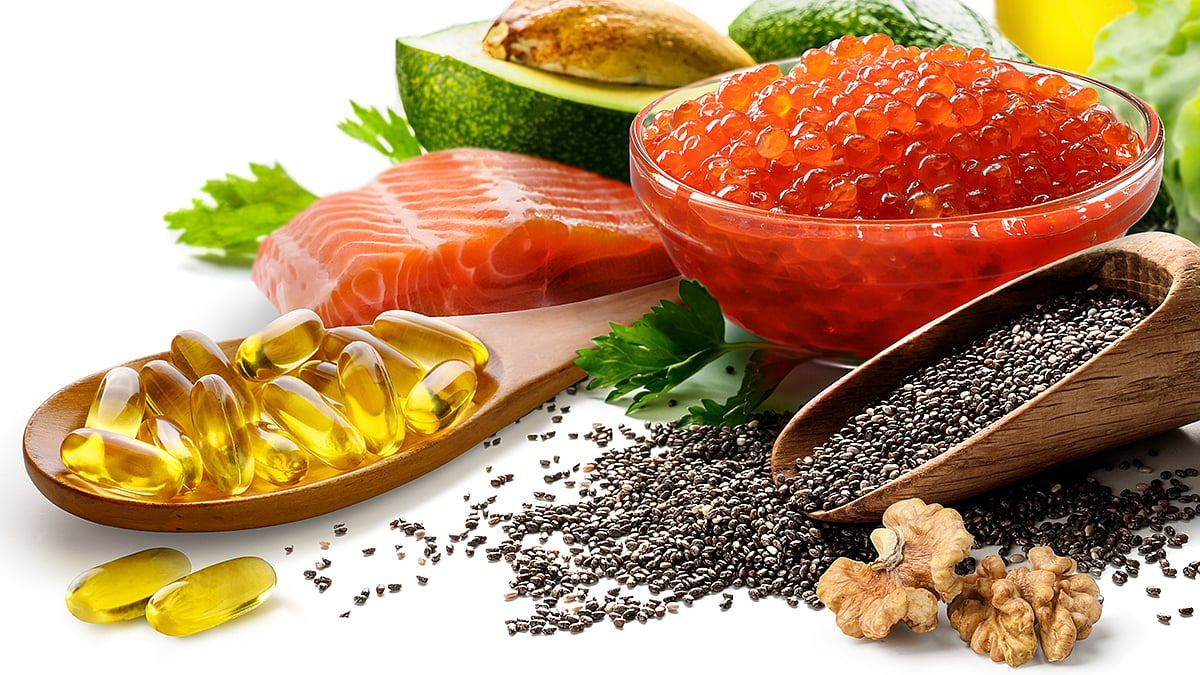Get Healthy!

- Ernie Mundell
- Posted December 16, 2024
Omega-3 Rich Diet May Help Slow Prostate Cancer Growth
Men who opt for "watchful waiting" instead of treatment for a low-risk prostate cancer might improve their odds if they take fish oil supplements, early research suggests.
“Many men are interested in lifestyle changes, including diet, to help manage their cancer and prevent the progression of their disease," noted study author Dr. William Aronson.
"Our findings suggest that something as simple as adjusting your diet could potentially slow cancer growth and extend the time before more aggressive interventions are needed," Aronson said. He is a professor of urology at the University of California, Los Angeles.
As the researchers explained, changes in prostate cancer treatment guidelines have many men with slow-growing tumors opting for close monitoring of the cancer, rather than often debilitating treatments.
However, about half of men who choose "watchful waiting" will go on to require surgery and/or drug therapy for the tumor within five years of diagnosis.
Might there be ways to delay tumor progression even longer?
Aronson's team wondered if certain nutrients, such as the omega-3 fatty acids found in certain fish and fish oil supplements, might help.
To find out, they first selected 100 patients who'd been diagnosed with low- or "favorable intermediate-" level prostate cancers and who all had opted for watchful waiting.
The men were randomly selected to simply continue with their normal diets (the "control" group), or they were given counseling aimed at raising their intake of omega-3s. That included the use of fish oil supplements.
At the same time, the men were counseled to lower their intake of less-healthy fats called omega-6s. Omega-6 fats are often found in foods such as chips, cookies, mayonnaise and other fried or processed foods.
To help track how these dietary changes might impact prostate cancer progression, Aronson's team regularly tested each man's "Ki-67 index."
Ki-67 measures specific biomarkers to track how fast prostate cancer cells are multiplying over time.
One year into the study, men who were trying to strike a dietary balance between omega-3s and omega-6s showed a healthy 15% decline in their Ki-67 index.
On the other hand, men who'd followed their usual diet showed a 24% rise in Ki-67, the researchers reported.
“This significant difference suggests that the dietary changes may help slow cancer growth, potentially delaying or even preventing the need for more aggressive treatments,” said Aronson, who is also chief of urologic oncology at the West Los Angeles Veterans Affairs Medical Center.
There was one caveat, however: Even though the decline in the mens' Ki-67 indices was encouraging, the omega-3-rich diet didn't budge their Gleason grade, another common measurement of prostate cancer progression.
So, the UCLA team believe further research is needed to confirm whether upping omega-3 intake has any long-lasting effects on prostate cancer outcomes.
The findings were published Dec. 12 in the Journal of Clinical Oncology.
More information
Find out more about prostate cancer treatment at the American Cancer Society.
SOURCE: University of California Los Angeles, news release, Dec. 13, 2024




